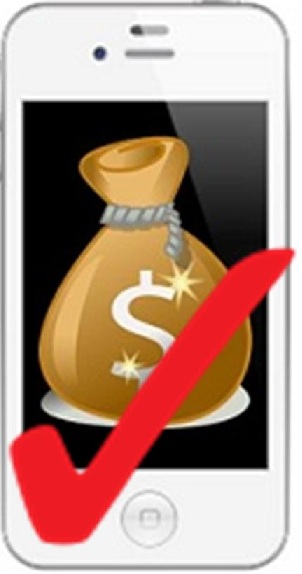 The firm is hoping to take a new step into the industry that will help to promote adoption.
The firm is hoping to take a new step into the industry that will help to promote adoption.
While many have been expecting the mobile payments revolution to have already begun, there are a number of hurdles in front of consumers, making them hesitant to adopt this new technology.
While the main selling angle has been convenience, until now, most consumers don’t find a card swipe inconvenient.
Moreover, using credit and debit cards is a process with which consumers have become quite comfortable, whereas, they are also well aware of the security and other concerns that can be related to the use of technology. Therefore, except for early adopters, many people have held off the use of mobile payments so that they can allow others to be the guinea pigs while they continue with systems that have never caused them much grief in the first place.
Pageonce is hoping to take a new focus in mobile payments by changing its name to Check.
With the new name, Check, the mobile payments company is also hoping to change its angle in order to make it more appealing for use by consumers. They have understood their competition and know that the technology has yet to be proven among consumers in the mass market. Now they have to convince people to leave their plastic cards and choose their smartphones, instead.
Check has, therefore, broadened its focus. They know that mobile payments in store will be a tremendous opportunity, but that isn’t where the industry has reached, quite yet. That said, consumers do like to pay their bills online, and so the company has recognized this and has expanded to offer this opportunity, as well.
According to the chief operating officer at Check, Steve Shultz, “When we started the company, the name Pageonce made sense.” But he added that “We were an aggregator of a person’s financial data — putting it all on one page. But we are now a different company.” While Pageonce allows users to establish ongoing mobile payments of bills, it is also able to offer transactions similar to those from PayPal where money is sent peer-to-peer.
Schultz pointed out that this mobile payments app is the only one that “combines personal finance features and payments on a mobile device.”

 A recent study performed by scientists at Oxford University has added cleanliness to the list of benefits.
A recent study performed by scientists at Oxford University has added cleanliness to the list of benefits.